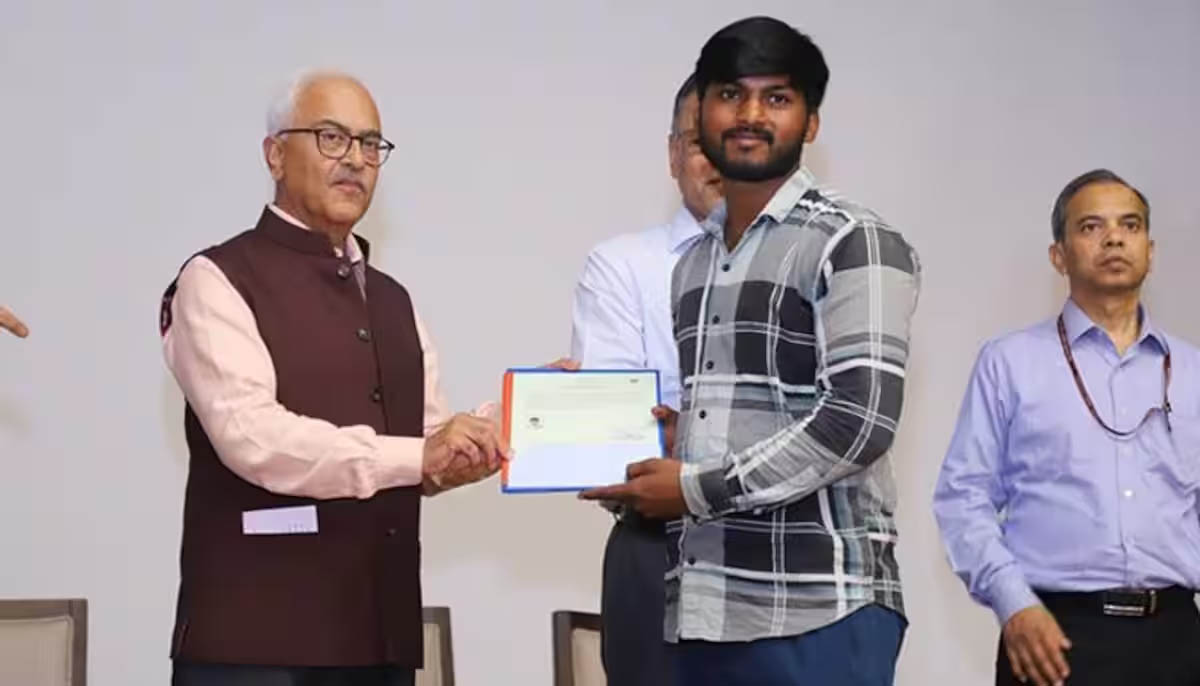The Union Ministry of Home Affairs (MHA) has recently stated that information regarding individuals who have acquired Indian citizenship under the Citizenship Amendment Act (CAA) 2019 is not readily available. In response to a Right to Information (RTI) request filed by The Hindu, the MHA clarified that only available information could be provided. The Ministry’s reply, dated October 3, explained that the Central Public Information Officer (CPIO) is not obligated to compile or create data under the RTI Act, 2005.
The RTI filed with the government had request sought details about the number of applications received through the indiancitizenshiponline.nic.in portal, the number of people granted citizenship under the CAA, and the number of pending applications. However, the MHA stated that no such data was being maintained, citing the provisions of the Citizenship Act, 1955, and the Citizenship (Amendment) Act, 2019, which do not require records to be kept of citizenship applications. Similarly, in response to an RTI filed by Maharashtra resident Ajay Bose on April 15, 2024. The MHA reiterated that there was no obligation to maintain such records, and as per the RTI Act, the CPIO is not authorized to create new information, treating the requested data as unavailable.
The MHA notified the CAA rules on March 11, 2024, enabling the implementation of the Act just before the 2024 general elections. The CAA, passed by Parliament on December 11, 2019, provides a pathway for undocumented migrants from six non-Muslim communities—Hindus, Sikhs, Buddhists, Jains, Parsis, and Christians—who came from Afghanistan, Bangladesh, or Pakistan before December 31, 2014, to apply for Indian citizenship. The Act also reduces the residency requirement for citizenship from 11 years to five years for these particular communities, leaving out certain other communities such as Muslims.
It is essential to highlight here that while the total number of beneficiaries under the CAA remains uncertain, Union Home Minister Amit Shah stated during a Rajya Sabha debate on December 11, 2019, that “lakhs and crores” of people would benefit. However, the Director of the Intelligence Bureau (IB) presented a more conservative figure, testifying before a parliamentary committee that around 31,000 individuals would be the immediate beneficiaries. According to a parliamentary report tabled on January 7, 2019, 31,313 individuals from minority communities had been issued long-term visas based on their claims of religious persecution in their home countries. These include 25,447 Hindus, 5,807 Sikhs, 55 Christians, 2 Buddhists, and 2 Parsis, who were expected to be immediate beneficiaries of the CAA.
On May 15, 2024, a press release by the MHA provided that the first set of citizenship certificates under the CAA was issued to 14 people. Additionally, the MHA had also specified that many other applicants are being given digitally signed certificates through email. As per The Hindu, more than 300 people who applied under the CAA have been granted citizenship.
Related:
Kin of incarcerated anti-CAA activists question Selective use of ‘Bail is the Rule’ principle
First set of citizenship certificates issued to over 300 under CAA: MHA
Kolkata man commits suicide, family claims CAA rules led him to it
BJP’s Tathagata Roy calls for CAA procedures to conduct genitalia check to confirm religion
